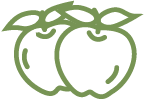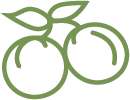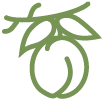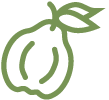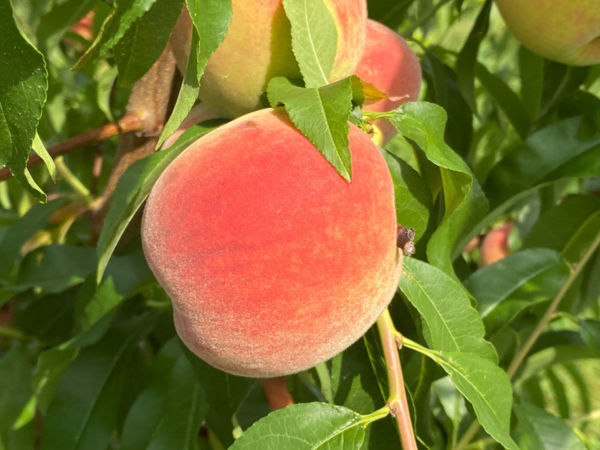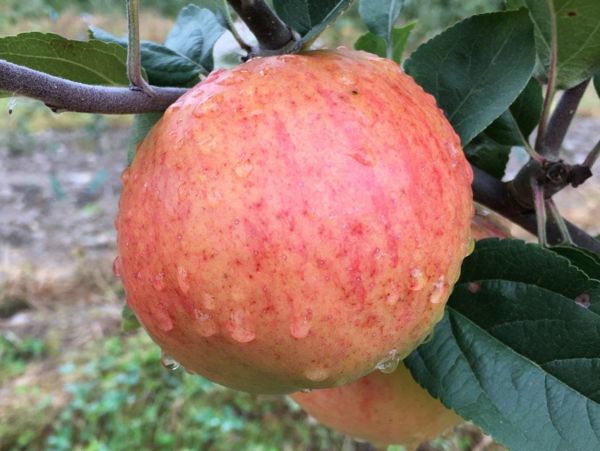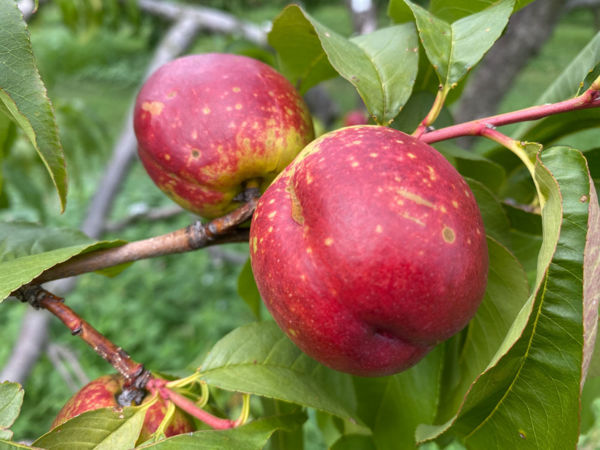An attractive, highly disease-resistant apple, ideal for organic growers.
AC™ Harojoy Apricot on Krymsk 1 (Spring 2025)
You are viewing a tree that will ship in Spring 2025. You can also find trees for Spring 2024.
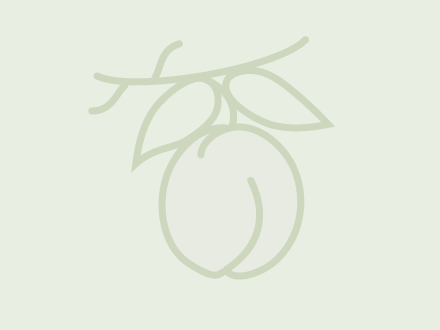
An attractive, early-midseason, disease-resistant apricot. Also known as HW 446.
This tree is vigorous, semi-erect, and has medium-wide crotch angles. It is resistant to bacterial spot, perennial canker and brown rot, and the fruit does not tend to skincracking. AC™ Harojoy ripens early to midseason, a few days after Harcot. The fruit is largish, glossy orange with an attractive red blush, very firm, and freestone. It is finely textured with a well-balanced flavor, and it is suited for home orchard or commercial production. AC™ Harojoy ranked very highly during taste trials. This tree is self-fertile but better fruit set will be obtained in the presence of a pollenizer. As with all apricots, thinning is recommended for optimal fruit size.
As Bob Purvis explains in Pomona, Fall 2006: "The earliest apricots brought to North America were mostly from Spain and similar Mediterranean climates, and they did not include the genes for a broader range of climatic adaptability. Modern breeders have sought out germplasm in many places, including central Asia where the apricot is thought to have originated." One such breeding program is based in Harrow, Ontario, and it has produced the "Harrow Series" of cold-hardy apricots that are suitable for New York and New England. AC™ Harojoy was released by this program in 2000. It is an offspring of Harlayne and Harcot.
The Fruit
Fruit Type
Category: Apricot
Subcategory:
Fruit Uses & Storage
Uses: fresh eating, jam, baking, canning, freezing
Storage duration: less than one month (approximate, depending on storage conditions)
Fruit Appearance
Skin color: orange
Flesh color: orange
Fruit Origins
Parentage: Harlayne x Harcot
Origin: AAFC-Harrow, Ontario
Introduced in: 2000
Introduced by: Dr. Richard Layne
The Environment
Calendar & Geography
USDA zones: 4 - 8
Chill hours: Not yet determined
Ripening date: Jul 23 (approximate, in New York State) + 3 days after Harcot
Tree Height & Spacing
glossary
Rootstock: Krymsk 1 Rootstock
Rootstock size class: Semi-Dwarf (40% of Standard)
Tree spacing: See details
Good for wildlife planting? N
Diseases & Pests
glossary
Bacterial Spot: Resistant
Brown Rot, Blossom Blight, Fruit Rot: Resistant
Perennial Canker: Resistant
Pollination
Pollination Factors
glossary
Bloom group:
Is it self-fertile? Y
Is it fertile? Y
Ploidy: Diploid
Rootstock size class:
Semi-Dwarf (40% of Standard)
Pollination Partners
Apricots are not part of our search tool given various complexities. Please see our Pollenizer Search to run other queries and read how the application uses various factors. Also read more about fruit tree pollination.
Featured Products
A few things we're loving right now...
A full-flavored, freestone white peach.
A traditional semisharp cider apple from Spain.
A widely-grown, large, yellow-fleshed nectarine.

